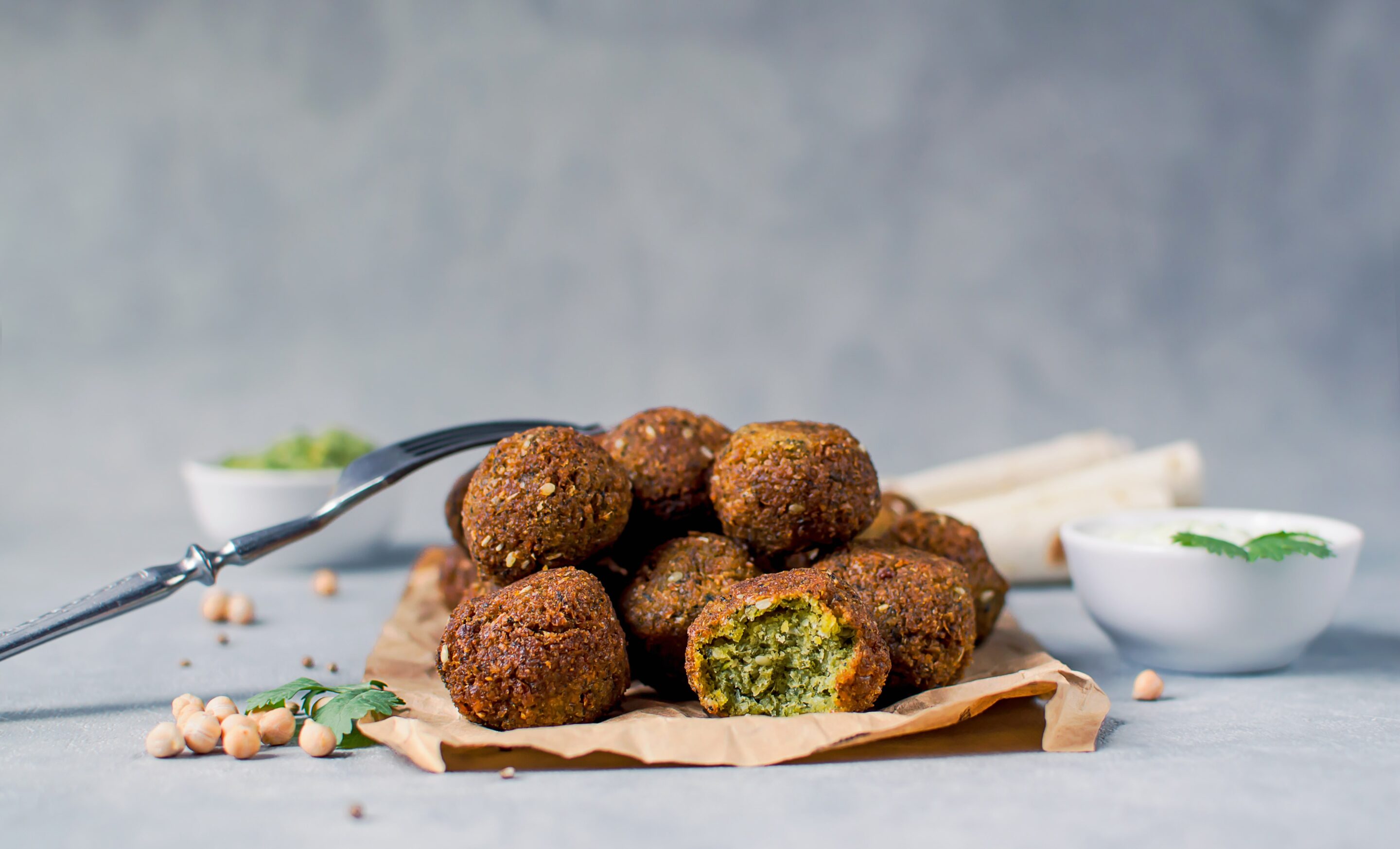In this second part of the interview with the Egyptian ambassador, he talks about the 2013 unrest in Egypt, the collaboration between Nigeria and Egypt to fight terrorism and other matters. Read the first part of the interview here.
Excerpts:
PT: Egypt is a country with a large Muslim population. How is the country dealing with violent extremism?
Mr Awab: Egypt has been combating terrorism and radical ideas from the 80s. Let us not forget that one of our presidents was assassinated by these elements, so Egypt is a pioneer in facing that challenge. And at one point in time, we felt we were facing that challenge alone, especially when we lost one of our great leaders to these elements.
We have been in the driving seat to combat terrorism and radical and extremist ideologies for over 40 years, so that is a fact. We have been through the trials and errors of how to do this most efficiently and effectively for 40 years and I can claim that we have been scoring very good successes at different stages and periods of our history.
We do also have the advantage of the history of the Al-Azhar Institute in Egypt as the champion and beacon of moderate Islam over the centuries, that is what Al-Azhar is all about. And that is why the extremist ideologies have been combated primarily behind the teachings of Al-Azhar.
Al-Azhar has the tools and instruments and the very strong and solid, credible scientific foundation that Islam is a religion of moderation, is a religion that encourages coexistence and it is a religion that does not take extremism and radicalism as the form of thinking about how the world should look like.
Not only what the government was able to do to fight the terrorists organisations and the violence they inflicted on our society, but we knew also that the society needs to understand when the terrorists are trying to penetrate their minds with terrorist ideologies. This is where I think we are in a very good position to have a comprehensive way to fighting terrorism and extremism; and this is the kind of advantage I think we can claim and the Al-Azhar emissaries now are all over the world, including in Nigeria, helping governments to ensure that the younger generations understand and can differentiate between the wrong ideology and the true nature and spirit of Islam, which is moderation and co-existence. We are not doing this only for ourselves, we started to deploy our knowledge to help and to serve all the Muslim society everywhere in the world.
PT: That brings me to the security relation between Nigeria and Egypt. There is not a lot of details on what this relation is about and I would like you to provide that.

Mr Awab: By the nature, security relations are confidential between governments and it is a lot of movement and it is not something that started yesterday. It is a long-standing collaboration and cooperation between the two countries – security relations which comes in the form of exchange of information, exchange of experience in certain areas and agreeing on a common approach to the security challenges that face Africa.
The most important element here is that we are no longer looking at North Africa, Sahel, West Africa in isolation as if these are separate geographic spaces. The current security challenges, whether terrorism, organised crimes, illegal migration, human trafficking, drug traficking, illicit trade in small weapons, many of these things do not stop at certain geographical sub-region in Africa. So what affects Nigeria within the Lake Chad Basin and the Sahel and even in the Gulf of Guinea will affect the interest of Niger, Sudan, Libya; it will affect the trade relations that go through the Gulf of Guinea. So there is no more geographic isolation of countries and that is something that the two countries agree on and that is why the security relations is wider than the terrosism only. The security challenges are many and they come at different levels and I can say that we are engaged jointly at all of those different levels with exchange of information, training, capacity development and many of these joint cooperation schemes.
PT: Egypt has been described as unfree; as stifling human rights, freedom of expression and freedom of press. Is this a fair assessment of the current administration and Egypt?
Mr Awab: When you say has been assessed, by whom I will ask you? And that’s why some of these assessments can be very subjective and I believe also Nigeria is subject to some of these assessments that are not necessarily correct. When you come and live in Nigeria and when I read PREMIUM TIMES and many of the press outlets and TV channels and then I hear some people say that, well, there are problems of freedom of press in Nigeria, and I live here and I do not sense that. I see a huge space of freedom of press in Nigeria as well.
When you go to Egypt, you need to live there and to experience how much space the press has, how much space bloggers and all forms of media, social media is having and then you can assess for yourself.
You know I am representative of the government in Egypt and my short answer to your question is no, this is not true. But that might not help you enough. So what I will say for example, is that we have been organising programmes for African press to go and meet their counterparts, ask these questions, meet the government authorities, ask these questions, stay there. Usually, these programmes are between two to three weeks, long enough to get a sense of how the media is operating and that would be the good answer to you.
So if I want to answer you, I would say no, this is not true. But this is something also that your ambassador would face from a journalist in Egypt … I am sure he will have the same answer.
PT: Still on that, I would like you to make some comments around the 2011/2013 protests, the massive protest in Egypt that made the news. Could you explain what happened that made people lose their lives the way they did?
Mr Awab: In 2013, there was a government in place in Egypt that did not really cater to the expectations and the aspirations and the nature and the history of the Egypt population. Egypt is a multicultural and multi-religious society.
We have a sizably Christian religion and we have a sizeably Muslim religion and there has not been a sectarian approach to managing our society, there has not been a geographic division between east and west and north and south.
Egyptians were living as a homogeneous society for a very long time and that religion was not the defining factor of who are the Egyptians and who are not the Egyptians. And when a government comes in place with a very clear tilting towards one group or when the other group of society feels threatened, but not only that, within the same group of the society, the Muslims who have been living more on the liberal side, religion is something that connects you with God and it so not a forum of defining how you look or how you act and what is right and what is wrong.
No one in Egypt, and we are a hundred plus million people, we are not a small country, no one would like to be lectured on what is right and what is wrong especially when it comes to religion and social traditions. So a government is usually catering to this nature. But that government of 2013 was seen as a government that does not really represent the true nature of Egypt and the society. So millions of people from different levels of society went down to the streets to say that we do not agree with this form of government.
And when we talk about millions, some estimates were about 30 million people at one point in time. And from 30 June to 3 July, 2013 and that was threatening as the society was going to be divided into two camps, both were on the streets and that meant that there could be violence within the same household, within the same society and that would not be tolerated, that would have really sent Egypt to a very difficult path and that is why the government had to be removed. And this is where the armed forces, which is not really biased – it has always been a very national institution but with a very strong sense of responsibility to the safety and security and the future of the country, this is what an army is there for, had to step in in favour of the masses and this is what happened in 2013 and then a democratic transition took place.
There have been challenges trying to address the remaining elements of the previous government and that has taken time also to address. But at the end of the day, what happened in 2013 was the will of the people, was the nature of the Egyptians that they found to be under serious risk and threat and the fabric of the society was under threat and this is one thing no one would have tolerated at that time. And thankfully, we are where we are today because we managed to save our society and country.
PT: The trade figures between Nigeria and Egypt are seemingly low. Is it due to absence of what to trade or Africa’s disenchantment with itself?
Mr Awab: It is true, and that is only true for intra-African trade generally. The sad reality is that Africa trades less with itself and more with the outside world and that is the anomaly that all Africans need to really repair and to address.
And I believe that one thing that Egypt is very proud of is that during its chairmanship of the African Union in 2019, President Abdel El-Sisi played a major role in pushing for the entering into force of the African Free Trade Area, which has entered into force but the negotiations are still ongoing on the details of certain elements. But that is one way to address the fact that Africa is not trading enough with itself.
The trade relations between Egypt and Nigeria is not an exception to this larger… It is however growing and our jobs as embassies and trade missions in Egypt and in Nigeria is to identify untapped potential for trade and this is what we are doing. And not only trade but also investment opportunities in areas that would be of mutual benefits and this is what we are doing now. There have been quite a few trade missions that came from Egypt to visit Nigeria and deals have been signed. Of course, the numbers would have to show in the next statistics to see how that has helped.
There are a number of Nigerian businesses who have participated in the annual meetings of the AFREXIM Bank in June which is the bank established to promote trade and to support trade within Africa. Many businesses went to Egypt where we organised business to business meetings which was very promising, but that is also going to take time to show on the balance sheet.
There is another very important conference called the Egypt – Nigeria Trade and Exhibition and it is taking place in early October in Egypt, where also businesses from Nigeria are going to be matching with their counterparts in Egypt to identify trade relations.
Last year, we finally initiated the Nigeria-Egypt Business Council structured on both sides and have started meeting to also identify where trade relations can be boosted.
So the effort is not lacking to address exactly what you rightly mentioned as the numbers are not really up to the potential of two of the largest economies in Africa, they should really trade more and the numbers should look very differently. But this is something that is general in Africa and this is something that the two countries are working on whether bilaterally or within the Africa free trade agreement.
PT: Trade is a key part I see in countries GDPs. It is not only a Nigeria-Egypt problem, we see it across borders. How do you think this can be addressed?
Mr Awab: This is something I believe is on the mind of all the leaders. We do recognise that Africa has everything to be self sufficient in terms of economic growth and the fact that it is not happening yet is of course very disturbing. But at the same time, it is not that we are not doing something about it; we are doing something about it but that is also something that needs to be addressed structurally.
How do we learn from what happened during the Covid era when the supply chain was disrupted and many of the items that Africa imports from abroad could not come? Can’t we use what we have in order to grow in industry? So I think industrialization but also the culture of agricultural development is the key, the two.
We can not say that all countries could be industrially and agriculturally sufficient. I think there has to be a mutual interdependence and an idea of where is the comparative advantage of Nigeria versus Egypt. Nigeria has lots of lands and many minerals that Egypt do not have; lots of water that Egypt do not have; so we can cultivate certain things here, and we can make use of our technology of irrigation and dealing with the scarcity of water for example to make hectare produce much more than what is does produce today.
That is the kind of mutual interdependence that will happen between these two countries and it will happen across Africa. Africa is blessed with a variety of climate, variety of land, nature and composition. Minerals, you find everything but they are not all in one country.
But at the end of the day, industrialisation and agricultural development is the answer but also the legal framework that facilitates the flow of commodities across borders in Africa is key, and that is also something we need to be working on.
This is for the future and it is something that leaders do recognise, they try to do something about it but it is still very challenging. But this is something that in my discussion here with my counterparts in Nigeria and the ambassador of Nigeria in Egypt, that is the kind of conversation we are bringing now as top priority. We speak about the security collaboration, the economic cooperation have equal priority now in our relations.
Chika Igba assisted with transcribing this interview.
Chiamaka Okafor is a reporter at Premium Times in partnership with Report for the World, which matches local newsrooms with talented emerging journalists to report on under-covered issues around the globe.
Among Nigeria’s numerous national challenges, which do you think the next president should focus on first?
— Premium Times (@PremiumTimesng) October 5, 2022
Support PREMIUM TIMES’ journalism of integrity and credibility
Good journalism costs a lot of money. Yet only good journalism can ensure the possibility of a good society, an accountable democracy, and a transparent government.
For continued free access to the best investigative journalism in the country we ask you to consider making a modest support to this noble endeavour.
By contributing to PREMIUM TIMES, you are helping to sustain a journalism of relevance and ensuring it remains free and available to all.
Donate
TEXT AD: Call Willie – +2348098788999





















Discussion about this post